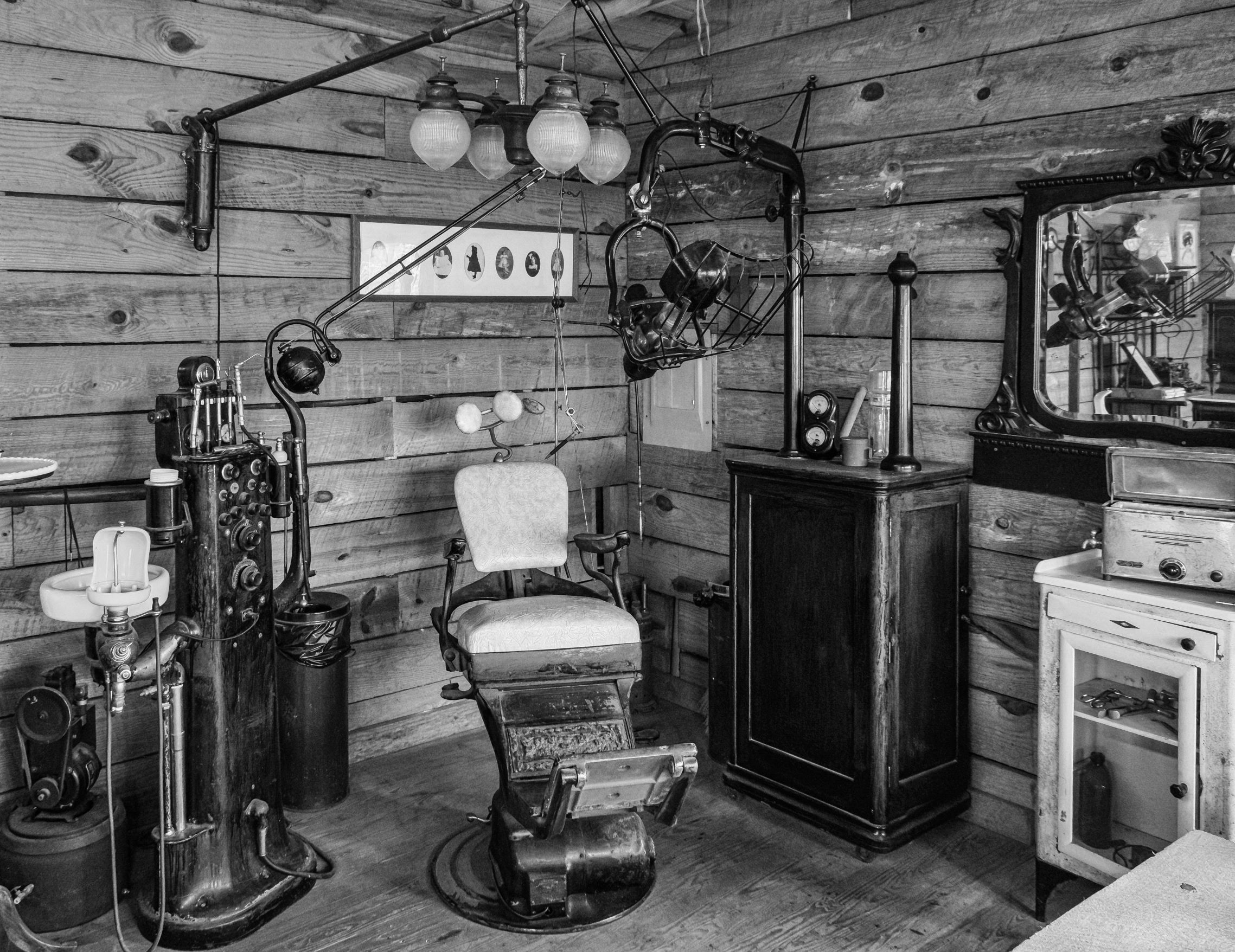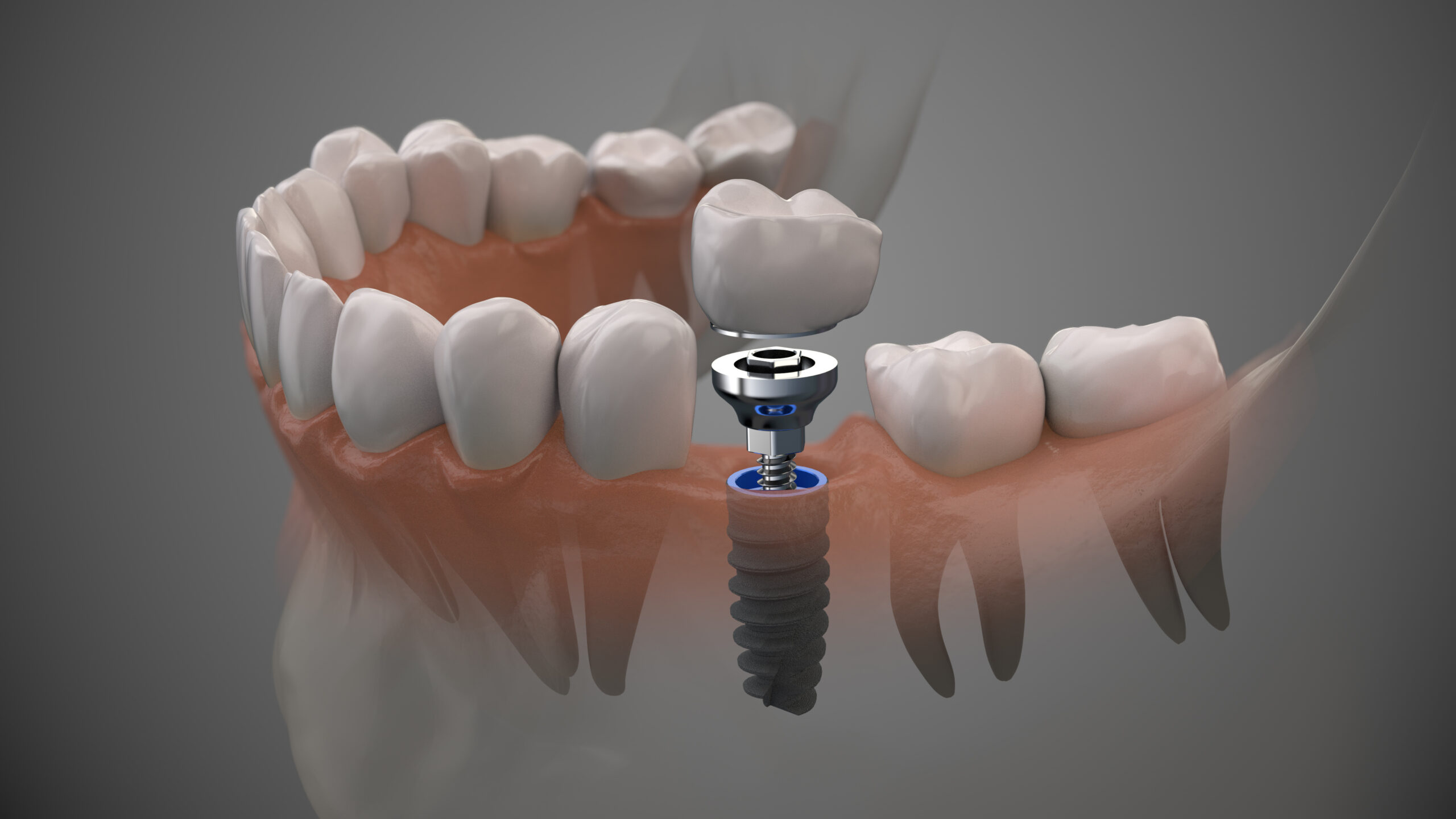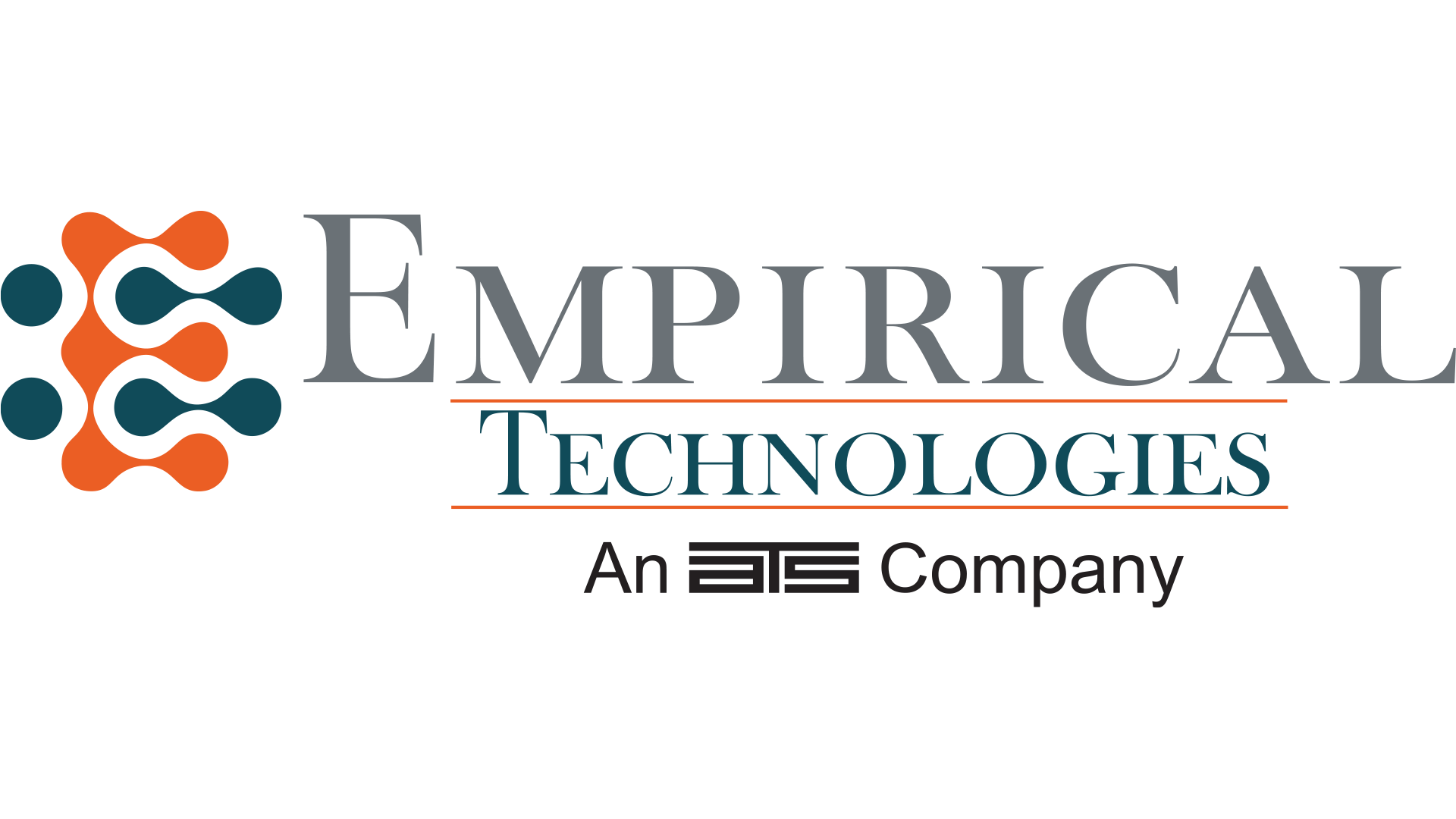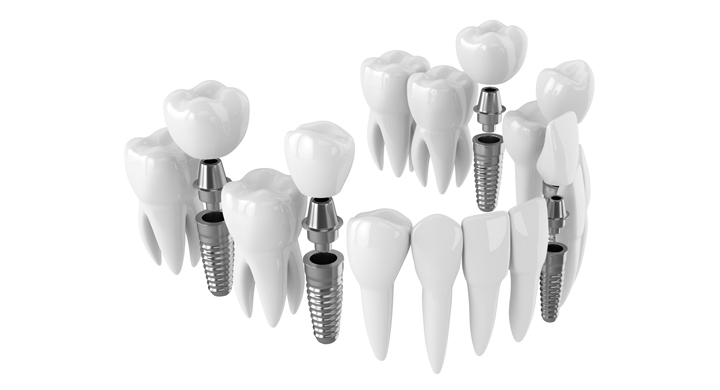
In fact, the first know dental implants date back to the ancient Mayan civilization. In about 600 AD the Mayans used seashells as implants. Evidence of this discovery was made when an archeologist in Honduras found a mandible of a Mayan woman believed to be in her twenties. The mandible had 3 shells shaped like teeth. Bone had grown around the shells because the calcium found was compatible with bone growth. They helped complete her smile, but probably didn’t function like actual teeth.
Dental implants were also used by other civilizations like the Egyptians, Romans and in Middle Eastern culture. Archeologists have found proof of these early dental modifications. Mummies with gold wire implanted in there jawbones, skeletons with ivory where a tooth would have been, Iron teeth and bamboo teeth have also been discovered.
In Ancient Egypt gold wire was used to stabilize the natural teeth that had been affected by dental decay and peritonitis. In Italy gold bands were used with animal teeth while fake teeth were made from oxen bones. Ivory was shaped into implants and stabilized with gold wire creating a dental bridge. Stones and precious jewels were also fashioned into implants.
It wasn’t until the 1700’s when the idea of using teeth from one person to another was thought of as a solution by Dr. John Hunter. However, Europeans used teeth collected from cadavers and the poor to transplant in people missing teeth. These solutions were rejected by the hosts and found not to be a viable option. Biocompatibility was not effective even though they were actual human teeth.

Flash forward to the early 1900’s and we begin to see what we know as traditional Dental implants starting to emerge. The first official implant for modern day use was discovered in 1952. Since the implants of the 1950s, dentists can now offer advanced and functional replacement options.
The titanium implants we use today are biocompatible and provide the best function. If you’re missing teeth, an implant is an easy way to improve your smile. The implants function like actual teeth and can last for a very long time. The technology has come a long way and continues to improve every day.
At Empirical Technologies Corp., we have extensive experience in providing mechanical testing and drafting 510(k) submissions for dental implants. Contact our offices for a free estimate or to further discuss how we may be able to assist with your dental implant project.

